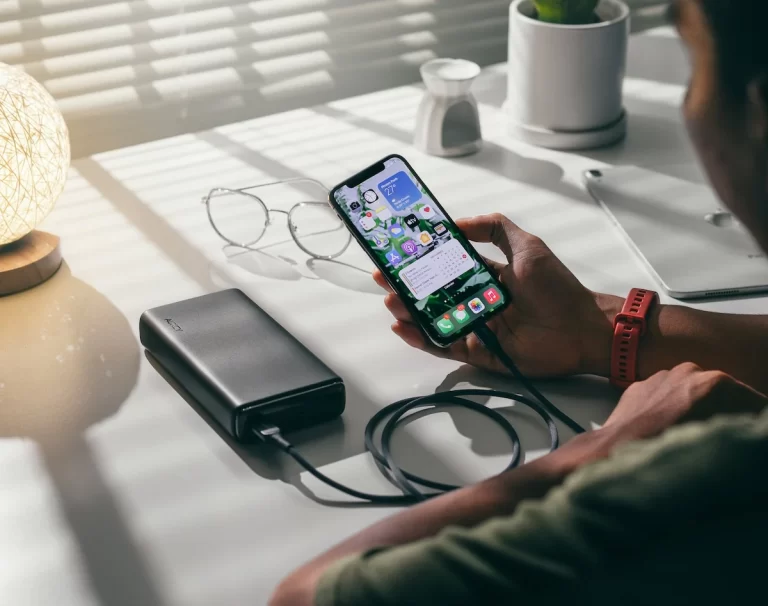SMS remains one of the fastest, most dependable ways for organisations to reach customers. Yet not every SMS gateway performs the same. Hidden fees, clunky APIs and slow delivery can turn a great idea into a support headache. Below are five criteria every business should weigh up before choosing a gateway—and how Mobile Message measures up.
1. Reliability and Delivery Speed
When a one-time password or urgent outage alert is on the line, a lost or delayed text isn’t just inconvenient—it can cost revenue and goodwill. A reliable gateway maintains direct, redundant connections to Australian carriers, cutting out overseas aggregators that introduce lag.
Mobile Message’s infrastructure is engineered for speed: most messages reach national handsets in under two seconds, verified by continuous monitoring. Any prospective provider should publish concrete delivery-time data, not broad marketing claims, and back it with a sensible service-level guarantee.
2. Developer-Friendly APIs
A gateway lives or dies by its API. In the real world, development teams don’t have days to guess at undocumented edge cases or wrangle inconsistent responses. Look for:
● Clear, versioned REST endpoints
● JSON payloads that follow predictable schemas
● Straightforward authentication (ideally basic credentials or bearer tokens) ● Live code samples in languages your team actually uses
Mobile Message offers a concise REST API with thorough examples and SDKs that let most teams send their first text within minutes. A quick flick through the documentation should tell any developer whether an integration will be smooth sailing or weeks of ticket triage.
3. Security and Local Compliance
SMS might feel simple, but the data flowing through a gateway often contains sensitive personal or financial details. A reputable provider will:
● Encrypt traffic in transit (HTTPS/TLS with strong ciphers)
● Host infrastructure inside Australia to satisfy data-sovereignty requirements ● Carry ISO 27001 or equivalent certification
● Offer audit trails and role-based access for account users
Mobile Message ticks each of these boxes, storing data in Australian ISO-27001 data centres and enforcing AES-256 encryption on every call. Businesses bound by Australian Privacy Principles or industry-specific regulations should insist on the same.
4. Transparent, Predictable Pricing
Nothing erodes trust like surprise fees hidden deep in the small print—setup charges, inbound SMS costs, or “delivery-report surcharges” that inflate the bill. A credible gateway keeps pricing blunt-edge simple: a per-SMS rate, no minimum spends, no monthly commitments.
Mobile Message publishes one clear rate starting at two cents per SMS, with no setup or monthly account fees. A quick spreadsheet comparison will show how easily hidden extras elsewhere can wipe out apparent headline savings.
5. Two-Way Messaging Capability
Customers increasingly expect to reply to texts—confirming appointments, asking questions, or opting out. If a gateway only handles outbound traffic, the business ends up juggling multiple providers or, worse, ignoring inbound messages.
Mobile Message assigns every account a dedicated Australian virtual number at no extra cost, feeding replies straight into webhooks or a web inbox for real-time processing. Any modern gateway should provide similar two-way functionality or risk leaving businesses half-connected to their audience.
Final Thoughts
Choosing an SMS gateway is a decision that echoes through customer experience, developer workload and budget lines. By weighing up reliability, developer support, security, pricing transparency and two-way capability, organisations can avoid nasty surprises later.
Those wanting a closer look at how these principles translate into practice can explore Mobile Message’s own platform or dive directly into the technical details on the dedicated SMS Gateway page. A bit of due diligence today pays off in smoother sending—and happier customers—tomorrow.
Keep an eye for more latest news & updates on The Smart Blogger!



